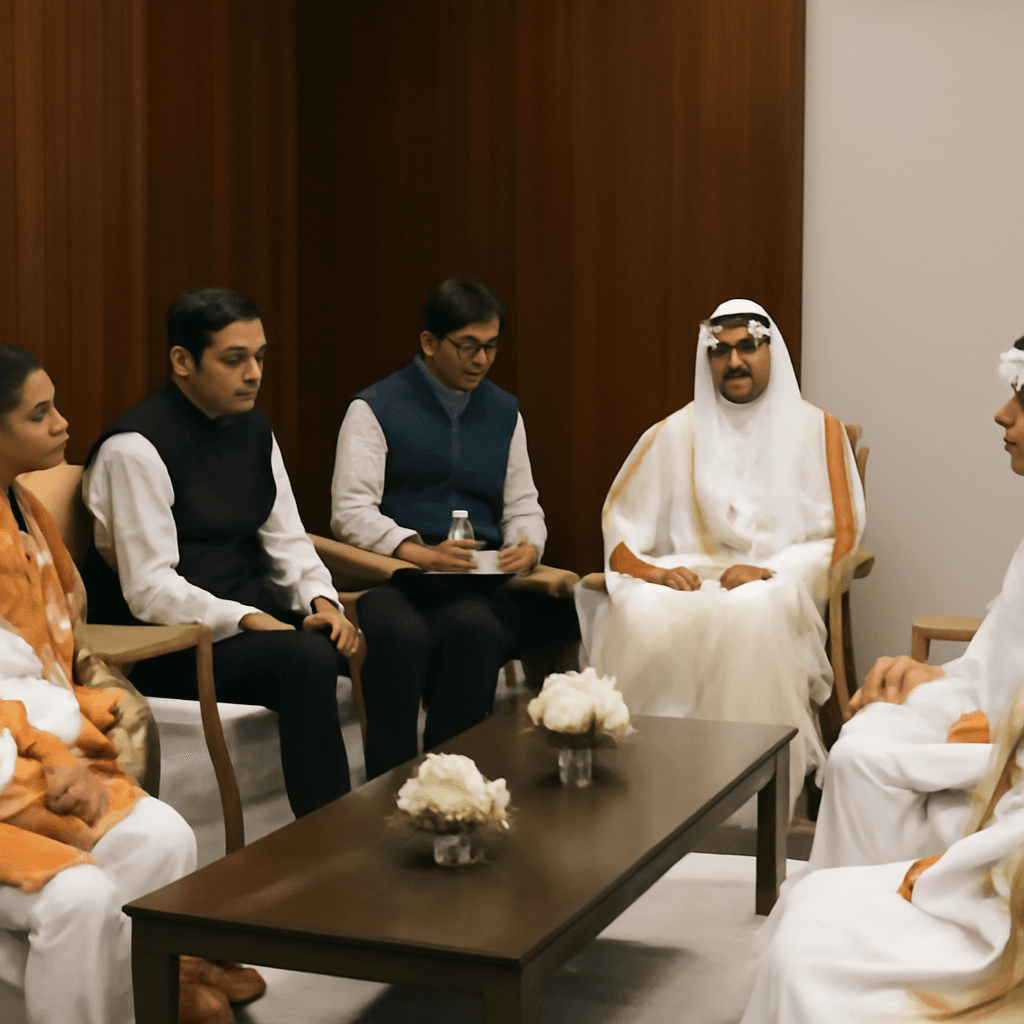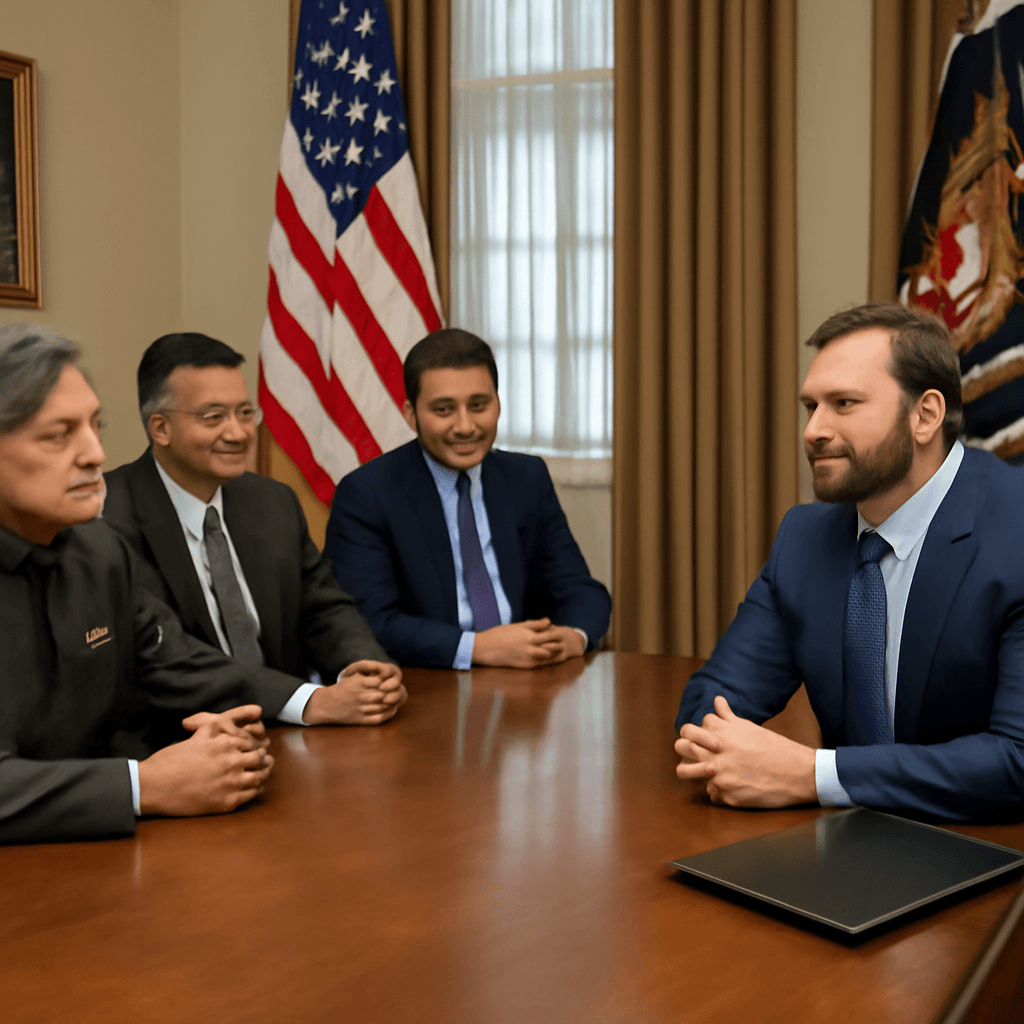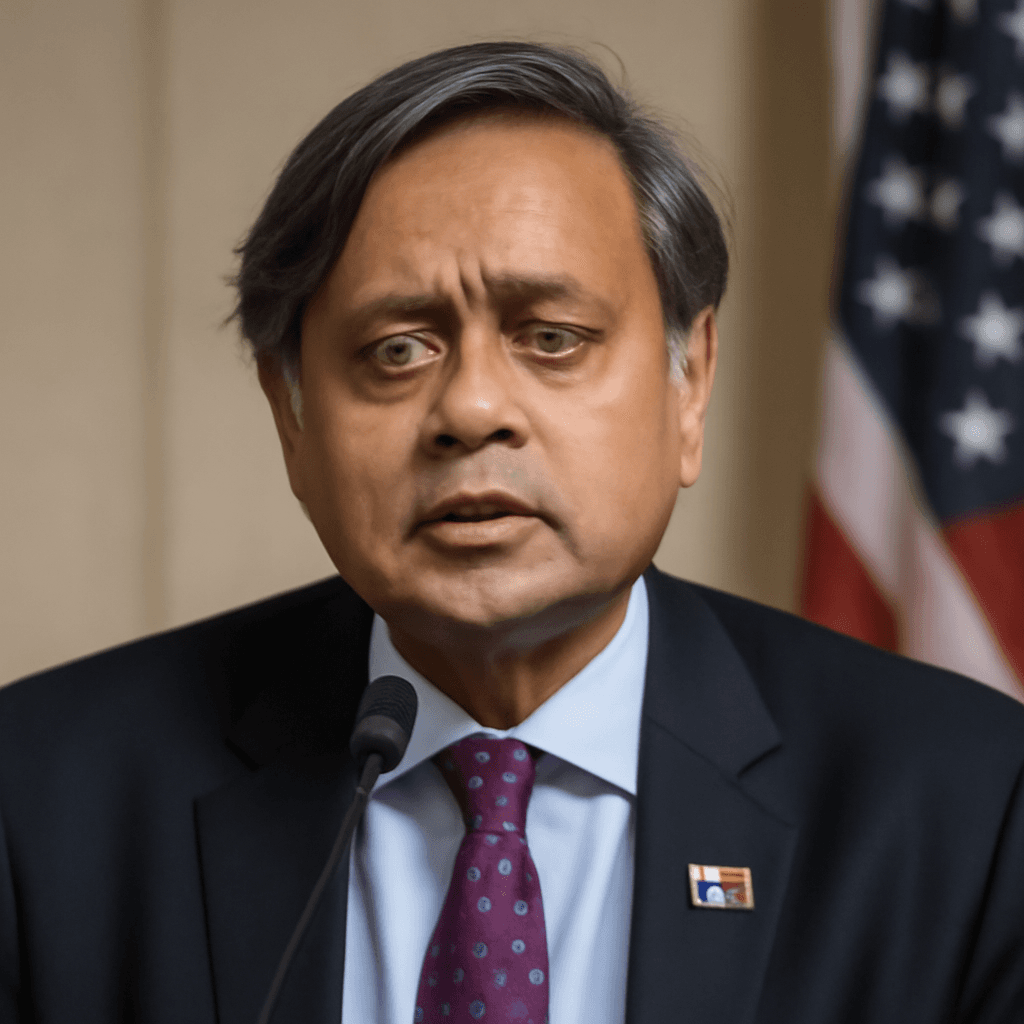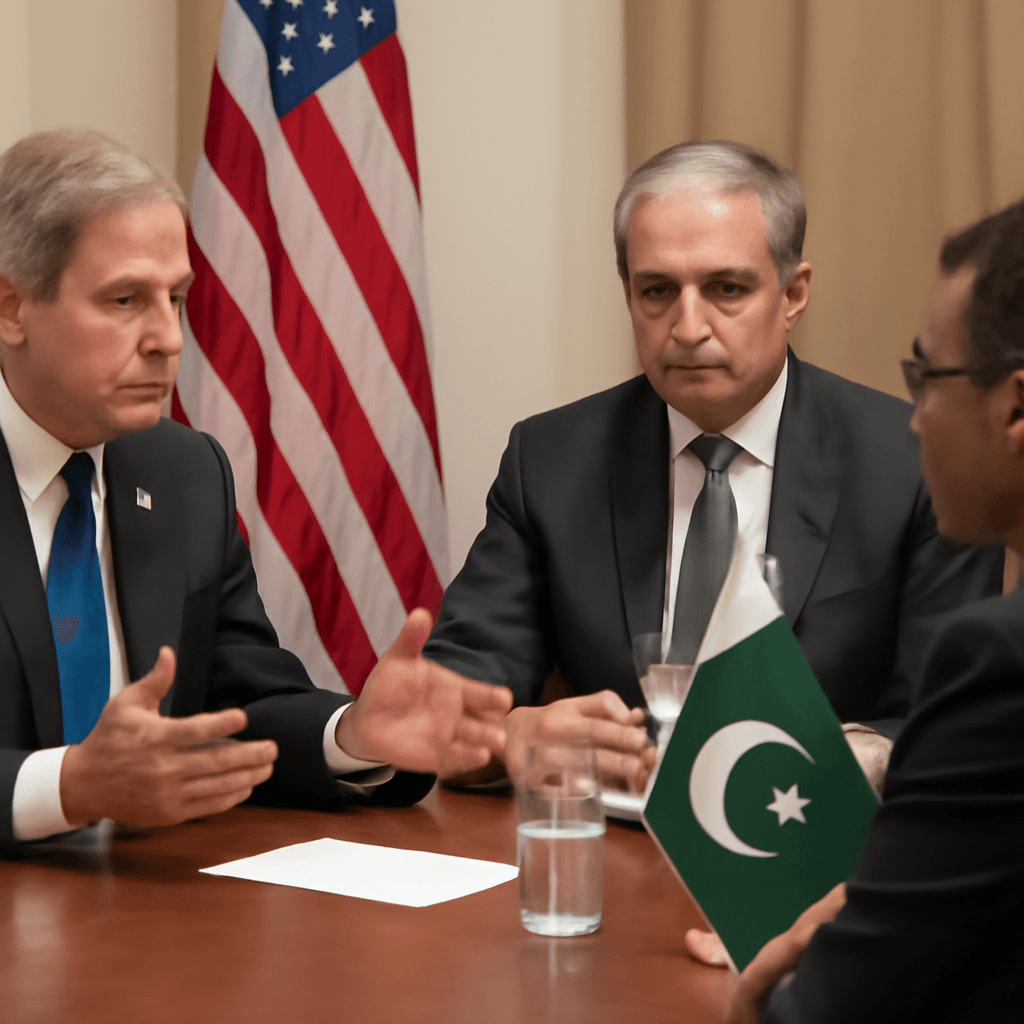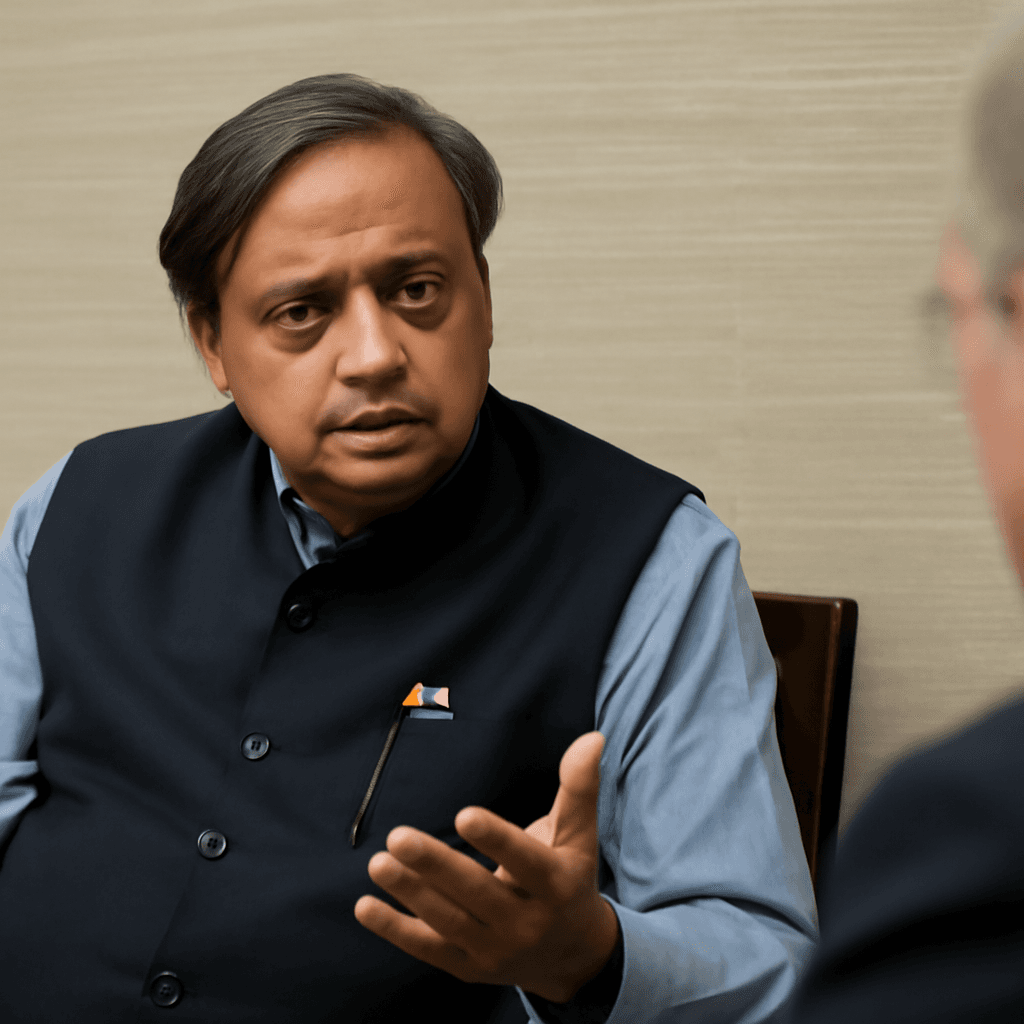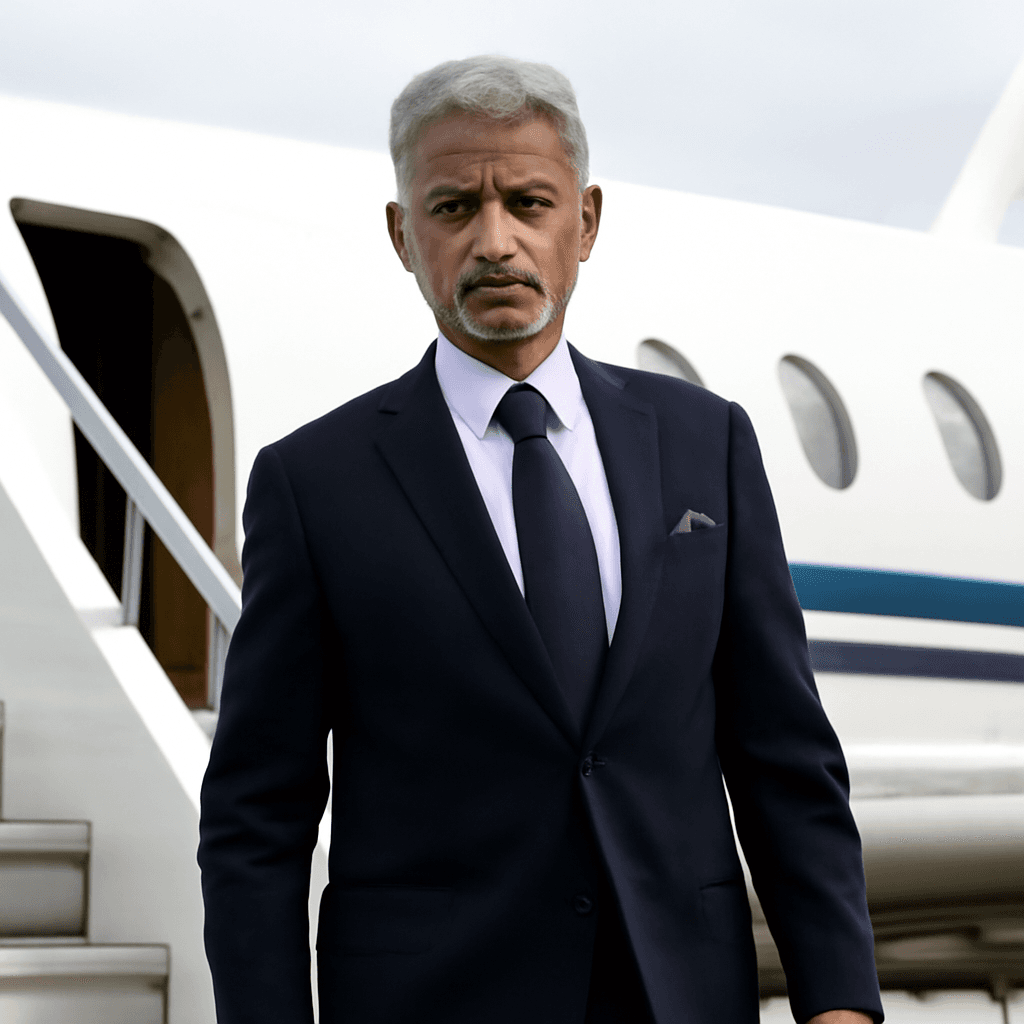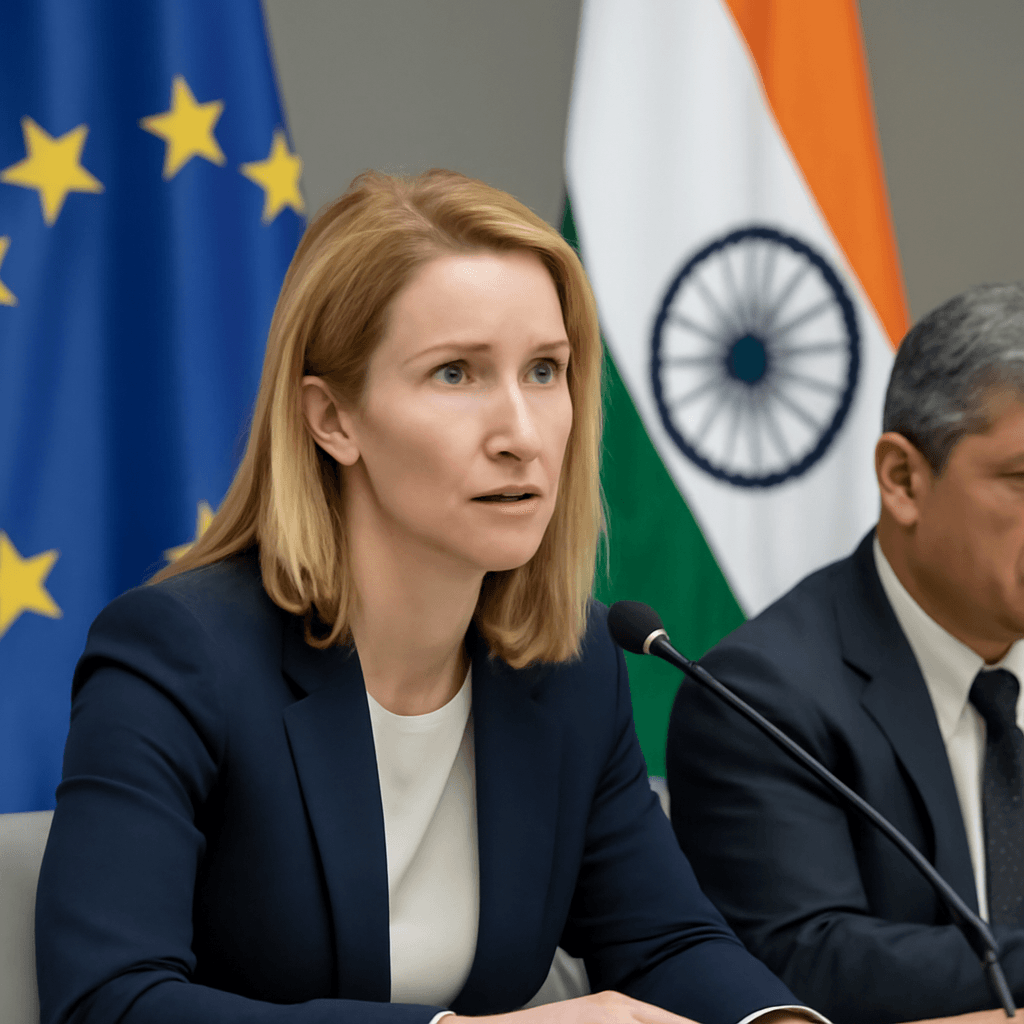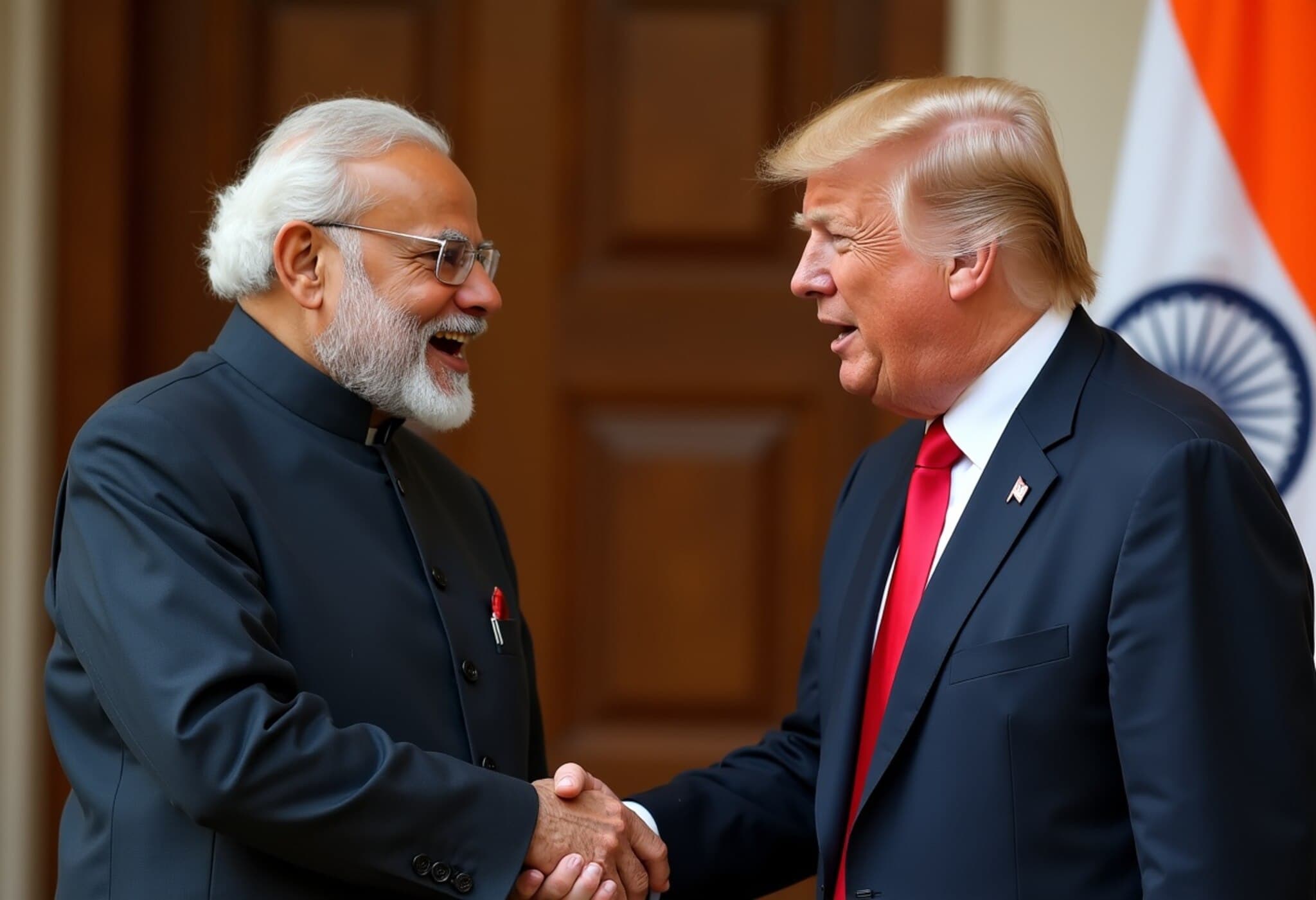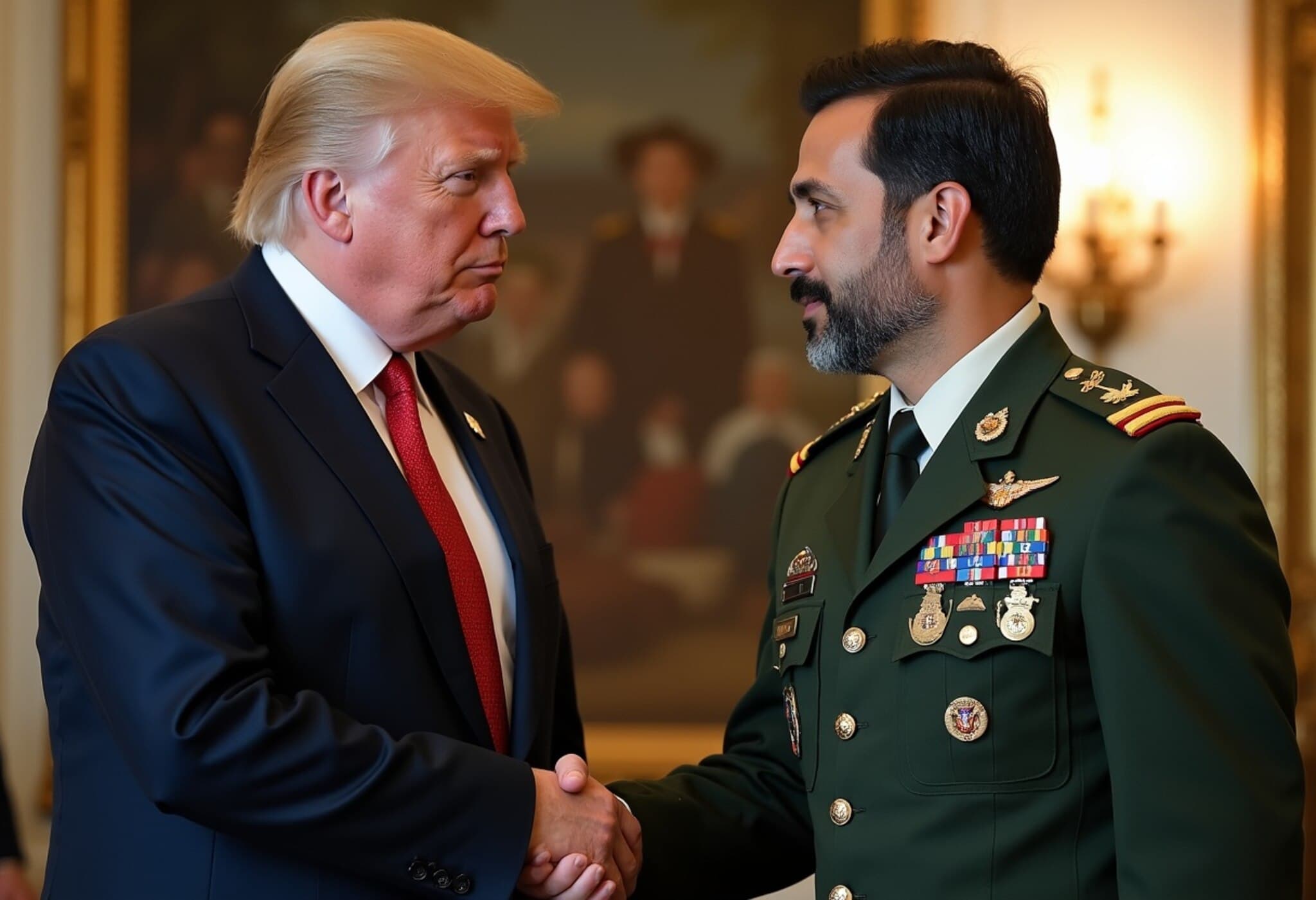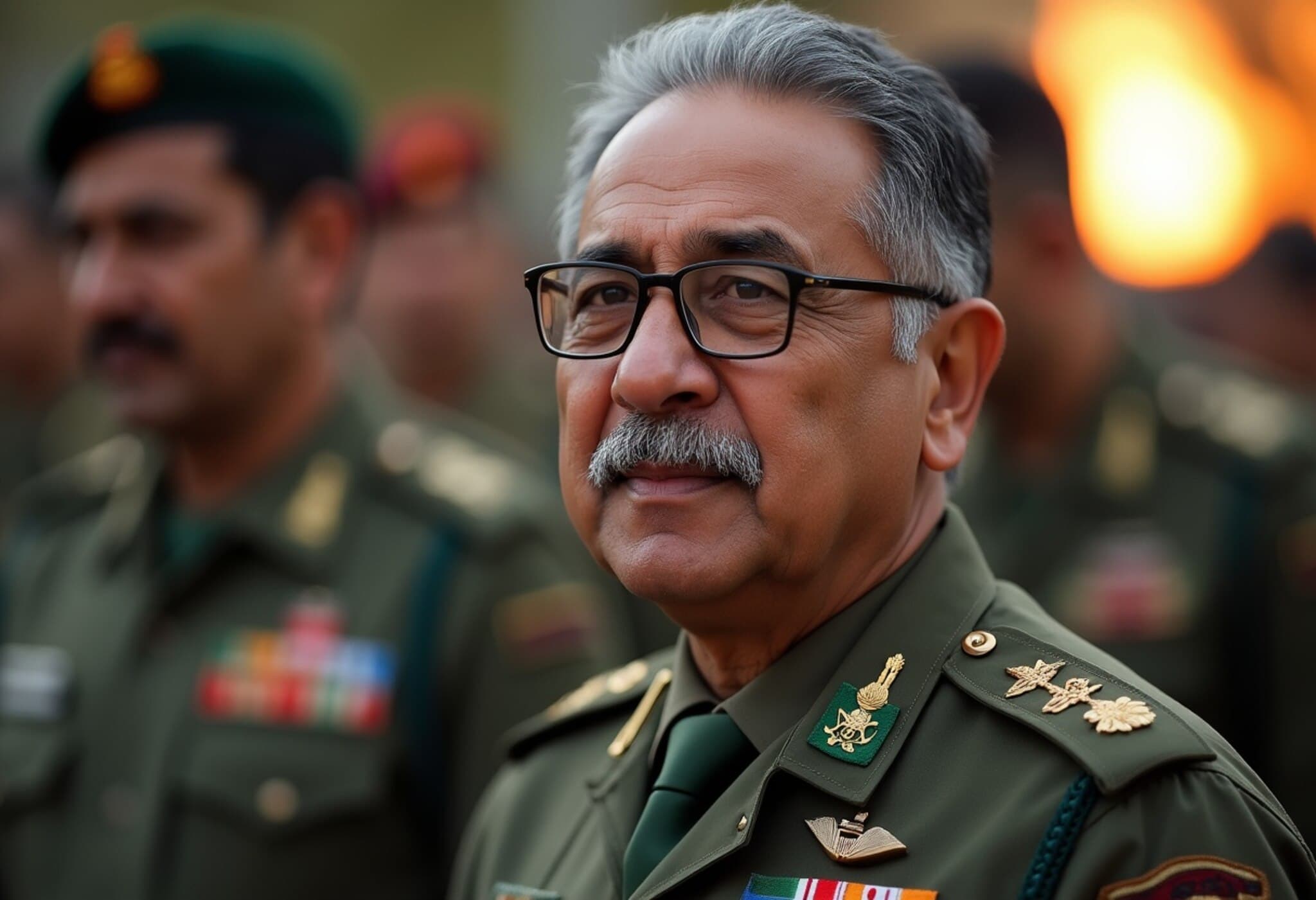Australia Commends India’s Decision for Ceasefire with Pakistan
The Australian Deputy Prime Minister and Defence Minister, Richard Marles, has lauded India for its resolute decision to pursue a ceasefire with Pakistan following a recent four-day military conflict. He described the move as a significant act of leadership from India.
Condemnation of Pahalgam Terror Attack
Marles expressed profound shock and condemned the April 22 terror attack in Pahalgam, which sparked the subsequent military actions. He highlighted that Australian Prime Minister Anthony Albanese was among the first international leaders to speak with Indian Prime Minister Narendra Modi to express condolences for the tragic loss of lives.
"The Pahalgam attack was appalling," Marles remarked, emphasizing solidarity with India in combating all forms of terrorism globally.
Ceasefire a Strong Indication of Indian Leadership
Regarding the ceasefire declared on May 10 between India and Pakistan, Marles welcomed the halt in military engagements, crediting it as an act of Indian leadership. He reiterated that the international community condemns terror acts and stands united with countries like India in their efforts to combat terrorism.
"We acknowledge and welcome the stoppage of military activity as a decisive leadership action by India," he noted.
Australia’s Continued Support Against Terrorism
Deputy Prime Minister Marles reaffirmed Australia’s commitment to working closely with India to fight terrorism across all fronts, underscoring a shared global responsibility. He assured that Australia stands firmly with India’s right to defend itself against terror attacks.
Context of India-Pakistan Conflict
India’s military response, named Operation Sindoor, began on May 7 targeting terror camps in Pakistan following the Pahalgam attack. The strikes reportedly eliminated over a hundred terrorists affiliated with internationally recognized terror organizations.
US Role and Statements on Ceasefire
The ceasefire announcement was notably made public by the former US President through social media, claiming US mediation contributed to the cessation of hostilities—a claim India has not endorsed.
In response to questions about this assertion, Marles emphasized that all nations desire global peace and recognized the ceasefire as a result of Indian leadership, subtly distancing from attributing the role to any external mediation.
Key Takeaways
- Australian Deputy PM commends India’s leadership in securing ceasefire.
- The Pahalgam terror attack triggered military operations.
- Australia reaffirms partnership with India in counterterrorism efforts.
- Ceasefire viewed as an Indian initiative despite US claims of mediation.





